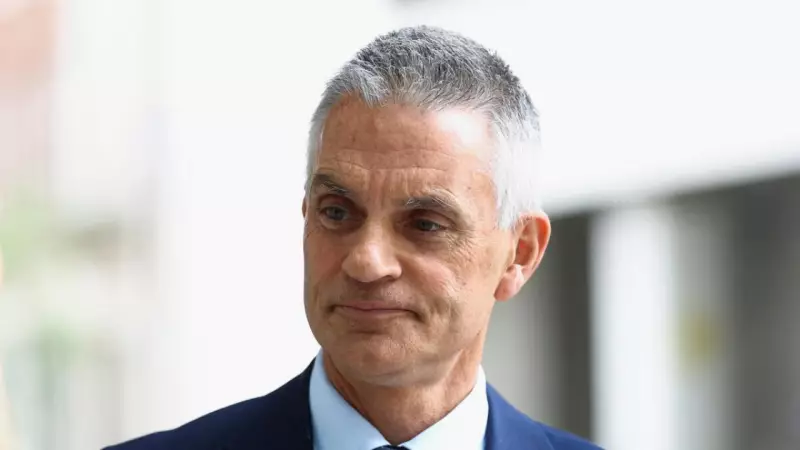
In a dramatic leadership shakeup, BBC Director General Tim Davie has announced his resignation amidst mounting pressure from a legal threat by former US President Donald Trump and an internal editorial scandal.
Leadership Exodus at BBC
Tim Davie stepped down on Sunday along with BBC News chief Deborah Turness, marking a significant leadership crisis at the British broadcasting corporation. During a 40-minute internal call with staff on Tuesday, Davie delivered a firm message to employees: "fight for our journalism" while acknowledging the corporation had made "some mistakes that have cost us."
The outgoing director general expressed that he remains "fiercely proud" of the BBC organization and the work its journalists accomplish daily. He confirmed that the BBC Board has entered "succession mode" and assured staff that long-term arrangements for the news division would be finalized shortly.
Panorama Controversy Sparks Legal Battle
The leadership crisis stems from a leaked internal memo that accused the Panorama programme of misleading viewers by splicing together two separate segments of Donald Trump's January 6, 2021 speech. This editing created the false impression that the former president had directly called for violent action.
Trump's legal team has responded with a $1 billion lawsuit threat against the BBC, demanding a full retraction and "appropriate compensation" by Friday. During the staff call, Davie acknowledged there had been an "editorial breach" and stated that "responsibility had to be taken" for the mistake.
BBC chair Samir Shah publicly apologized on Monday for Panorama's "error of judgement," confirming that the spliced edit "did give the impression of a direct call for violent action."
Three Reasons Behind Davie's Departure
Davie identified three primary factors influencing his decision to step down:
- The relentless nature of the director general role
- The upcoming Charter renewal process
- The pressures created by the Panorama controversy
"We did make a mistake," Davie told staff, though he emphasized he would not change anything about his tenure and had no regrets about his leadership period.
Media Experts Downplay Trump's Legal Threat
Meanwhile, media law specialists have questioned the seriousness of Trump's legal demands. George Freeman, executive director of the Media Law Resource Center in New York, characterized the $1 billion threat as "totally meaningless."
Freeman noted that Trump has a history of issuing libel threats that rarely materialize into actual lawsuits, describing such legal letters as attempts "to threaten and to scare media he doesn't like."
Despite the current challenges, Davie struck an optimistic tone about BBC's future, particularly regarding the Charter renewal in 2027. He insisted the government remains supportive of public institutions and expressed confidence that the BBC has "a very strong case" for its continued existence.
"These times are difficult for the BBC, but we will get through it," Davie assured employees, adding that the corporation has weathered previous scandals and will continue to "thrive" in coming years.
Davie clarified that his departure doesn't represent an immediate exit, stating "This is not a leaving speech" and confirming he will remain in position until an "orderly transition" is agreed with the Board. He announced that Deborah Turness's deputy, Jonathan Munro, will assume editorial leadership in the newsroom during this transition period.
The outgoing director general urged staff to maintain focus on their work and support each other through the crisis, emphasizing the need to "get on with our business and do our work" while sending a clear message that the organization will move forward despite the leadership changes.





